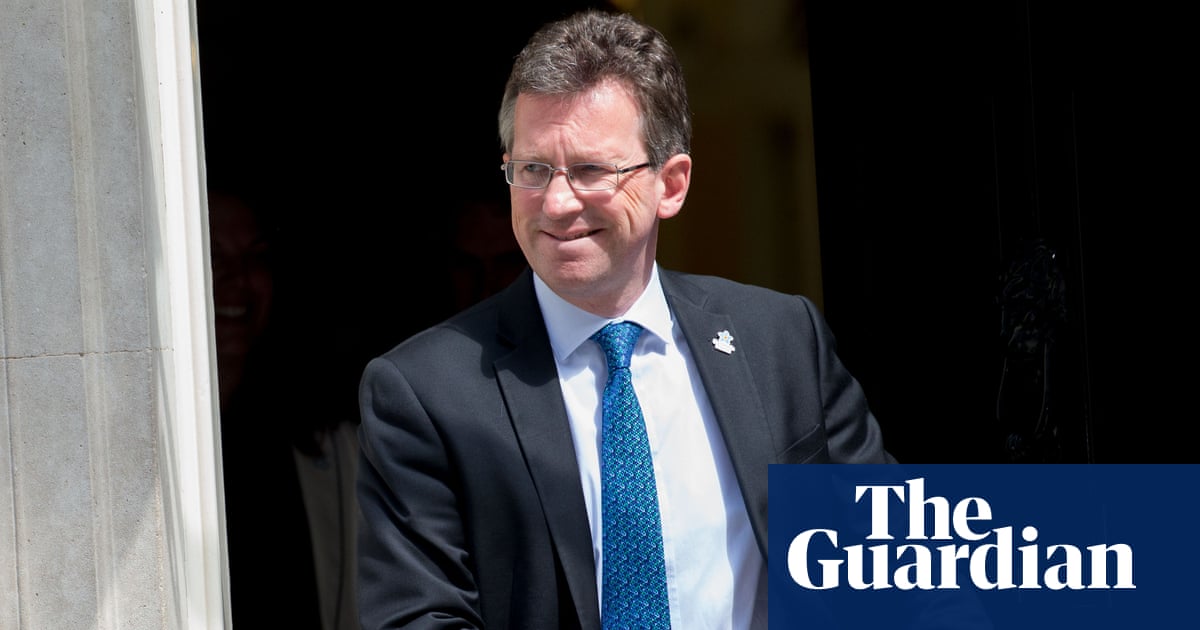
The government has launched a new “big society”-style strategy designed to enable charities to play a bigger role in the provision of public services, from social care and homelessness to libraries.
Ministers say they want to help the public sector, private businesses, charities and volunteers to work together more closely to solve social problems, build stronger communities and create a fairer society.
“Government alone cannot solve the complex challenges facing society, such as loneliness, rough sleeping, healthy ageing or online safety. Government can help to bring together the resources, policies and people who, between them, can do so,” the strategy says.
It comes out as local authorities – a key source of funding for many local charities – warn that voluntary groups will have to take on the delivery of services that councils can no longer afford because of funding cuts.
The strategy is likely to be regarded with scepticism by many in the voluntary sector who feel that while austerity has driven up demand for charity services, ministers have failed to support the sector financially and sought to silence its views.
Although the paper published by the Department for Digital, Culture, Media and Sport is coy about the big society programme championed by former prime minister David Cameron’s government, it shares many of its objectives.
Cameron’s big society idea was launched with great fanfare in 2010 as a way of bringing charities and social enterprises in to replace supposedly monolithic and bureaucratic public services, but it failed to gain traction and was widely mocked as a cover for cuts to public services.
The new strategy promises £165m in funds taken from dormant bank accounts and charitable trusts to support community foundations, set up organisations to get disadvantaged people into employment, and tackle financial exclusion.
It also includes plans to launch “innovation in democracy” pilots in six regions around the country are also included in the document, to trial ways for people to take a more direct role in community decision-making through possible online polls, apps or “citizens’ juries”.
The culture secretary, Jeremy Wright, and the civil society minister, Tracey Crouch, write in the foreword: “Big societal challenges, including the future of social care, community integration, and housing, are being tackled through solutions that bring together public services, businesses, and communities.
“New providers are taking responsibility for youth services, domestic abuse services, addiction services, and offender rehabilitation services. New models are developing for funding and running libraries as well as children’s services.”
They add: “All this is happening because of the resourcefulness of the British people.”
They claim that civil society, philanthropy and volunteering is thriving in the UK, while businesses “are rediscovering the original purpose of the corporation: to deliver value to society, not just quarterly returns to shareholders”.
Ministers two years ago attempted to introduce a “gagging clause” on charities who received public funding, preventing them campaigning on so-called “political” issues. This was subsequently diluted after an outcry.
The strategy says: “The government is determined that charities and social enterprises should be fully confident in their right to speak in public debates, and to have a strong role in shaping policy and speaking up on behalf of those they support.”
Sir Stuart Etherington, chief executive of the National Council for Voluntary Organisations, said: “The strategy is an encouraging start, carrying a strong recognition of the role that civil society plays in tackling some of today’s greatest challenges, and of the need to ensure its involvement in developing new solutions.
“The real test will be embedding the strategy’s aspirations across government, ensuring expert charities are truly involved in policymaking, and that procurement processes work as well for smaller charities as they do for big outsourcing companies.”
Northamptonshire county council, which is technically insolvent and needs to make £70m of cuts over the coming months, has said it wants to encourage behaviour change in communities to create resilience in places where the council can no longer step in.
East Sussex county council said neighbourhood voluntary groups would have to take increasing responsibility for supporting older people who would no longer qualify for social care support because of big cuts.
Tell us: is your local council facing cuts?
We’d like your help to find out more about current or future cuts to UK council services. If you’re aware of any where you live, please get in touch.
You can share your knowledge and possible news tips by filling in this encrypted form – anonymously if you wish. One of our journalists may be in touch and we will consider some of your responses in our reporting. You can read terms of service here.